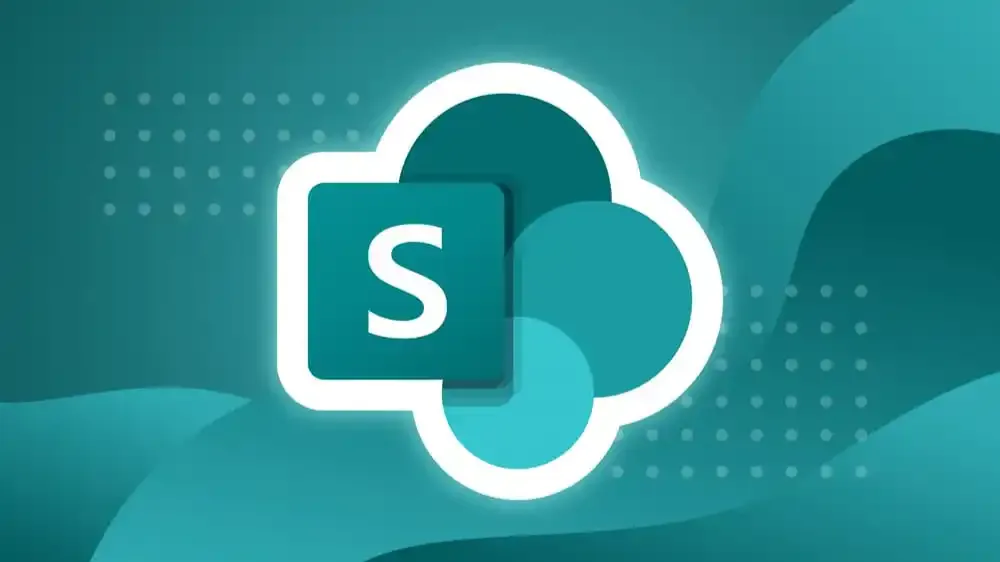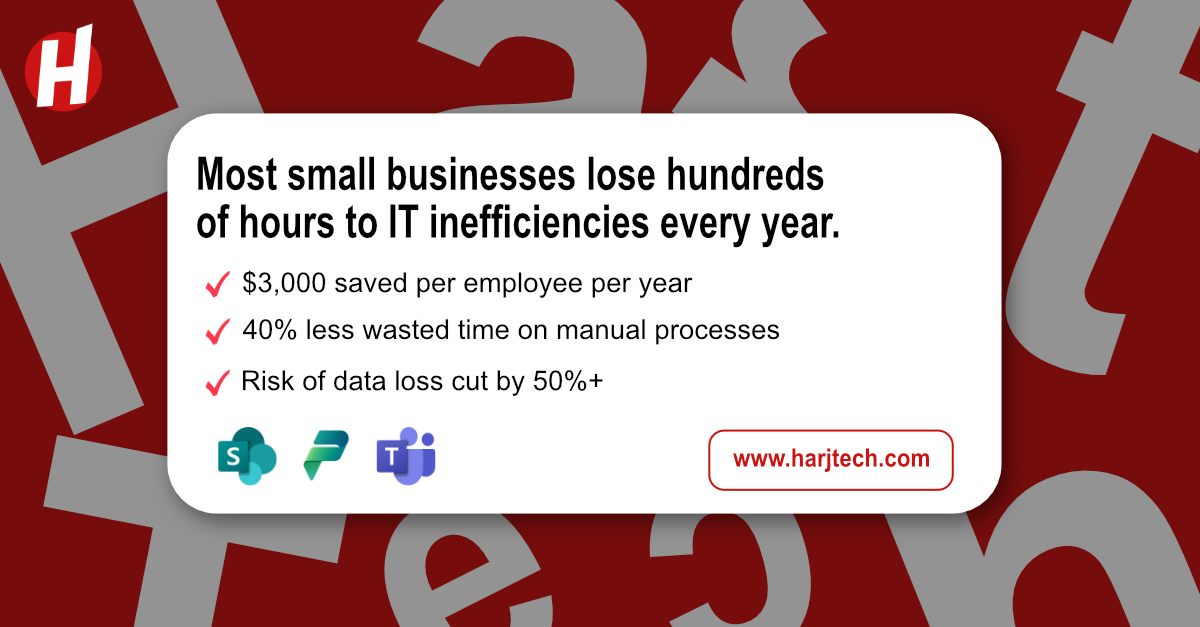Need a quick report of all SharePoint lists across your Microsoft 365 tenant? This PowerShell + PnP script from HarjTech helps you generate a CSV of every list in every site. Designed for beginners who need fast, actionable results.
SharePoint administrators are often tasked with producing reports like:
This is especially common when preparing for governance reviews, restructuring initiatives, or compliance audits. Manual collection is too slow and prone to error.
To solve this quickly, HarjTech built a production-ready PowerShell script using PnP PowerShell that loops through all sites, collects every list, and outputs a clean CSV.
This guide walks you through:
Open PowerShell in administrator mode and run the following command to install the module:
Install-Module -Name PnP.PowerShell -Force -AllowClobberWhen prompted to trust the repository, type Y and press Enter.
Use the command below to log in securely. This supports multi-factor authentication.
Connect-PnPOnline -Url "https://yourtenant.sharepoint.com" -InteractiveReplace yourtenant with your Microsoft 365 tenant name.
This script connects to the SharePoint admin center, retrieves all non-personal site collections, and collects data on every list found.
# -------------------------------------------------------------
# Script by HarjTech | www.harjtech.com
# Purpose: List all SharePoint Lists across the tenant
# Outputs: Clean CSV with site title, list name, type, item count
# -------------------------------------------------------------
Import-Module PnP.PowerShell
# Connect to SharePoint Admin Center
$adminSiteUrl = "https://yourtenant-admin.sharepoint.com"
Connect-PnPOnline -Url $adminSiteUrl -Interactive
# Get all site collections, excluding OneDrive personal sites
$sites = Get-PnPTenantSite | Where-Object { $_.Template -ne "SPSPERS" }
# Prepare output array
$report = @()
# Loop through each site and retrieve lists
foreach ($site in $sites) {
Write-Host "Processing site:" $site.Url -ForegroundColor Cyan
try {
Connect-PnPOnline -Url $site.Url -Interactive
$lists = Get-PnPList
foreach ($list in $lists) {
$report += [PSCustomObject]@{
SiteTitle = $site.Title
SiteUrl = $site.Url
ListTitle = $list.Title
ItemCount = $list.ItemCount
ListTemplate = $list.BaseTemplate
Created = $list.Created
LastModified = $list.LastItemModifiedDate
}
}
}
catch {
Write-Warning "Could not access site: $($site.Url)"
}
}
# Export to CSV
$csvPath = "$env:USERPROFILE\Desktop\Tenant-List-Audit-HarjTech.csv"
$report | Export-Csv -Path $csvPath -NoTypeInformation -Encoding UTF8
Write-Host "`nReport saved to $csvPath" -ForegroundColor GreenThe exported file opens in Excel or any CSV-compatible tool.
It includes:
You can filter by:
This script gives you visibility. But governance, cleanup, and restructuring still require planning and execution. That’s where HarjTech delivers.
We help organizations:
Whether you're cleaning up after years of unstructured growth or preparing for an M365 rollout — we can help.
Audit and restructure your SharePoint to enhance navigation, security, and usability. Perfect for chaotic or legacy environments.
Assess your entire digital footprint—website, CRM, ERP, payroll, accounting and DMS—to plan and automate your business processes.
Rapid-build 3 custom Power Apps and workflows tailored to your business needs. Delivered in just 5 days—automated, scalable, and ready to go.






Azure DevOps offers powerful project management, agile boards, reporting, and scalable collaboration. Learn how it works, how to structure projects properly, licensing costs, and why it's ideal for Microsoft 365 users.


Azure DevOps offers powerful project management, agile boards, reporting, and scalable collaboration. Learn how it works, how to structure projects properly, licensing costs, and why it's ideal for Microsoft 365 users.


Learn how Azure Boards work, the difference between Organizations and Projects, and how to manage work items, permissions, and team structures effectively. Understand pricing, limitations, and the right architecture for enterprise growth.


Learn how Azure Boards work, the difference between Organizations and Projects, and how to manage work items, permissions, and team structures effectively. Understand pricing, limitations, and the right architecture for enterprise growth.


Most small businesses start with Excel and basic tools, but quickly face chaos. This guide shows how to use SharePoint, Teams, Power Platform, and Azure to stay organized, compliant, and ready to scale.


Most small businesses start with Excel and basic tools, but quickly face chaos. This guide shows how to use SharePoint, Teams, Power Platform, and Azure to stay organized, compliant, and ready to scale.


Need to quickly find out who owns every Power App or Power Automate flow in your Microsoft 365 tenant? This script by HarjTech helps you pull ownership data in minutes — perfect for audits, governance, and cleanup.


Need to quickly find out who owns every Power App or Power Automate flow in your Microsoft 365 tenant? This script by HarjTech helps you pull ownership data in minutes — perfect for audits, governance, and cleanup.


Learn how Power Platform helps companies replace outdated systems, build custom apps faster, and automate work — all without heavy development costs. This guide shows how to modernize, test ideas quickly, and scale what works.


Learn how Power Platform helps companies replace outdated systems, build custom apps faster, and automate work — all without heavy development costs. This guide shows how to modernize, test ideas quickly, and scale what works.
Let's discuss how our productized solutions can drive your success
Productized IT Consulting & Digital Solutions. Serving clients across Canada with outcome-driven Microsoft solutions that deliver guaranteed results.
© 2024 HarjTech. All rights reserved.